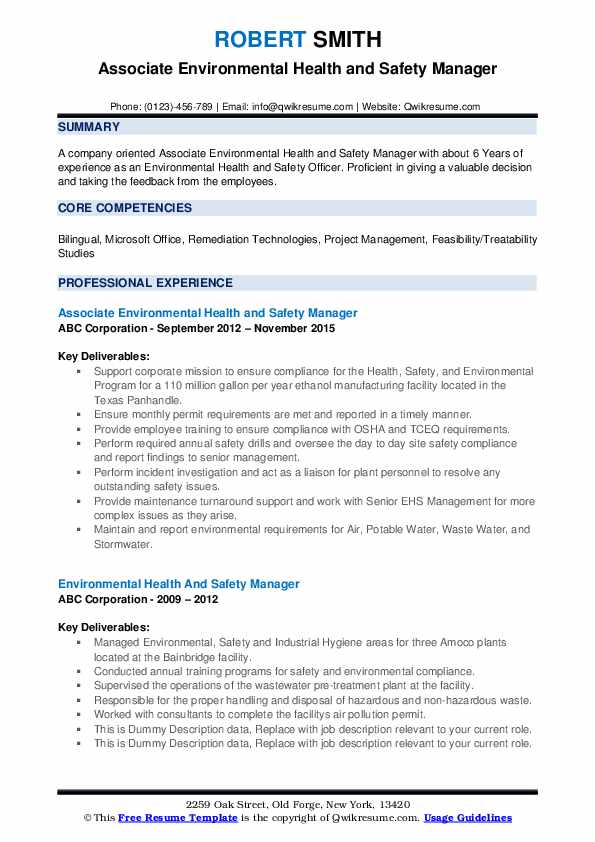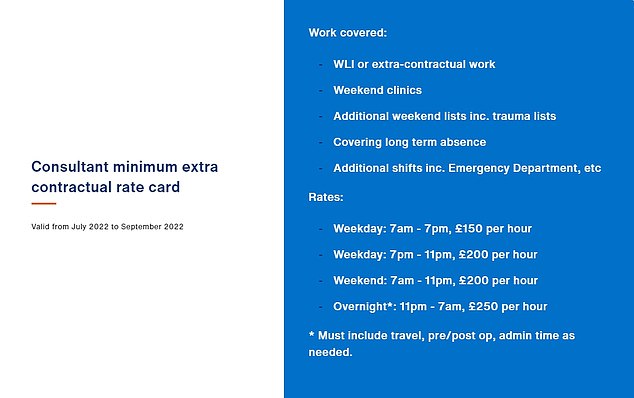
Public policy consultants work with governments and other organizations to help them make important decisions that affect the lives of people. They analyze data and research various topics to help develop programs and policies that will benefit the public. These policies may cover everything from health care to environmental issues.
Public policy consultants must understand the workings of these professionals if they want to be successful. They should also consider the type of work that they are looking for and where they wish to work.
A career as a public policy consultant can be very rewarding. Although it is sometimes challenging, the work can have a tremendous impact on society as a whole.
Because government is constantly evolving and changing, public policy consultants need be able to keep up with the current trends. They must keep up to date with the latest legislation, demographic changes, and other factors that might impact their clients’ businesses and services.

These are the best candidates for the job. They should have a good understanding of politics and be able to communicate effectively. They should also have a master's or bachelor's degree from a field related to political science.
Public policy consultants often work for either private companies or non profit organizations. They may be in charge of a specific area or an entire department. They advise their company about the consequences of contracts and agreements as well as the impacts of their decisions on communities.
Public policy consultants are also responsible for recruiting and training volunteers to their organizations. They make sure that volunteers have the ability to interact with the public.
Public policy consultants can take on a wide range of projects. The responsibilities you have will depend on which organization you work for. Your responsibilities include research, writing policies documents and delivering speeches.
You must be meticulous and able to meet deadlines. You may be required to travel to other locations to meet clients or conduct research.

Strong analytical and critical thinking skills are also required to analyze data and decide what should be done to improve programs and policies you create. This can be particularly useful when working with large organisations that have access and a lot of information.
It is very rewarding to work as a consultant in public relations or public policy. It is an exciting career that allows you to help people in your community.
A strong grasp of political systems is essential for the best public-policy consultants. They also need to be able communicate their ideas clearly. They should have a bachelor’s or master’s degree in a relevant area, such as communications or international legal.
Public policy consultants may specialize in specific areas such as education, health, or the environment. Some may be experts in a specific country or region's policy.
FAQ
Do I need to pay tax on consulting income?
Yes. Taxes will be charged on consulting profits. This amount will depend on how much you earn each year.
If you are self-employed, expenses can be claimed on top of your salary. These expenses include rent, childcare and food.
But you won't be able to deduct interest payments on loans, vehicle depreciation, or the cost of equipment.
You can only claim back 25% of your expenses if you earn less than PS10,000 a year.
But even if you're earning more than this threshold, you might still be taxed depending on whether you're classed as a contractor or employee.
Pay as you Earn (PAYE) is the most common method of taxing employees. Contractors pay VAT.
How did modern consulting come to be?
Accounting professionals were the first to become consultants. They helped companies manage their finances. Because they were skilled in managing financial information, they became "accounting consulting". The role soon expanded to include other areas, including human resources management.
The French word "to advise" is the origin of the term "consultant". It was first used by businessmen to refer to someone who could give advice about how to run an organisation. Even today, many business owners still use "consultant" when referring to professional advisors.
Why hire consultants?
There are many reasons you might need to hire a consultant.
-
You may have a problem or project that your organization needs to solve.
-
You want to improve your own skills or learn something new
-
You'd like to work in conjunction with an expert in a specific field
-
There is no one else available to handle the task
-
It's overwhelming to see all the information, and you don't know how to get started.
-
You don't have the money to pay someone full time
Referrals are the best way for you to find a qualified consultant. Ask around if anyone knows any reputable consultants. Ask your friends and family for referrals if you know someone who is a consultant.
Use the "Search People" function to search for consultants in your region if you are interested in using online directories like LinkedIn.
What can I anticipate from my consultant
You should hear back from your chosen consultant within a few days. They will usually ask for information about your company, including its mission, goals, products, services, budget, etc. After receiving this information, they will prepare a proposal outlining their scope of work, estimated timeline, fees, deliverables and milestones.
If everything is in order, then the parties will enter into a written contract. The type relationship between the two sides (e.g. employee-employer or independent contractor-employer) will dictate the terms of the contract.
If everything goes well, the consultant should start work immediately. S/he will have access to your internal documents and resources, and you'll have access to his/her skills and knowledge.
But don't assume that anyone who is a consultant has all the answers. It takes effort and practice to become an expert in whatever field you consult. Do not expect your consultant to be an expert in every aspect of your business.
What is the difference between a consultant and an advisor?
A consultant is an advisor who gives information on a particular topic. A consultant can offer solutions.
A consultant works directly with clients to help them achieve their goals. The advisor provides indirect advice through books, magazines lectures, seminars, and the like.
Statistics
- According to IBISWorld, revenues in the consulting industry will exceed $261 billion in 2020. (nerdwallet.com)
- Over 62% of consultants were dissatisfied with their former jobs before starting their consulting business. (consultingsuccess.com)
- On average, your program increases the sales team's performance by 33%. (consultingsuccess.com)
- WHY choose me: Why your ideal client should choose you (ex: 10 years of experience and 6-week program has helped over 20 clients boost their sales by an average of 33% in 6 months). (consultingsuccess.com)
- So, if you help your clients increase their sales by 33%, then use a word like “revolution” instead of “increase.” (consultingsuccess.com)
External Links
How To
How to find the best consultant
Ask yourself what you want from your new consultant before you start looking. Before you look for someone, you need to be clear about your expectations. A list of what you expect from a consultant is helpful. This might include skills such as project management, professional expertise, communication, availability, and technical skills. After you have listed your requirements, it might be a good idea to ask colleagues and friends for their recommendations. Ask your friends and colleagues if they have had bad experiences with consultants in the past. Compare their recommendations with yours. Do some internet research if they don't have recommendations. You can post reviews on your previous work experiences on many websites like LinkedIn, Facebook and Angie's List. You can use the comments and ratings left by others to help you find potential candidates. After you've compiled a list of potential candidates, it is time to reach out to them and schedule an interview. You should discuss your requirements with the candidates and ask them how they can help. It doesn't really matter if they were recommended; as long as they understand your business objectives, they will be able to show how they could help you achieve them.